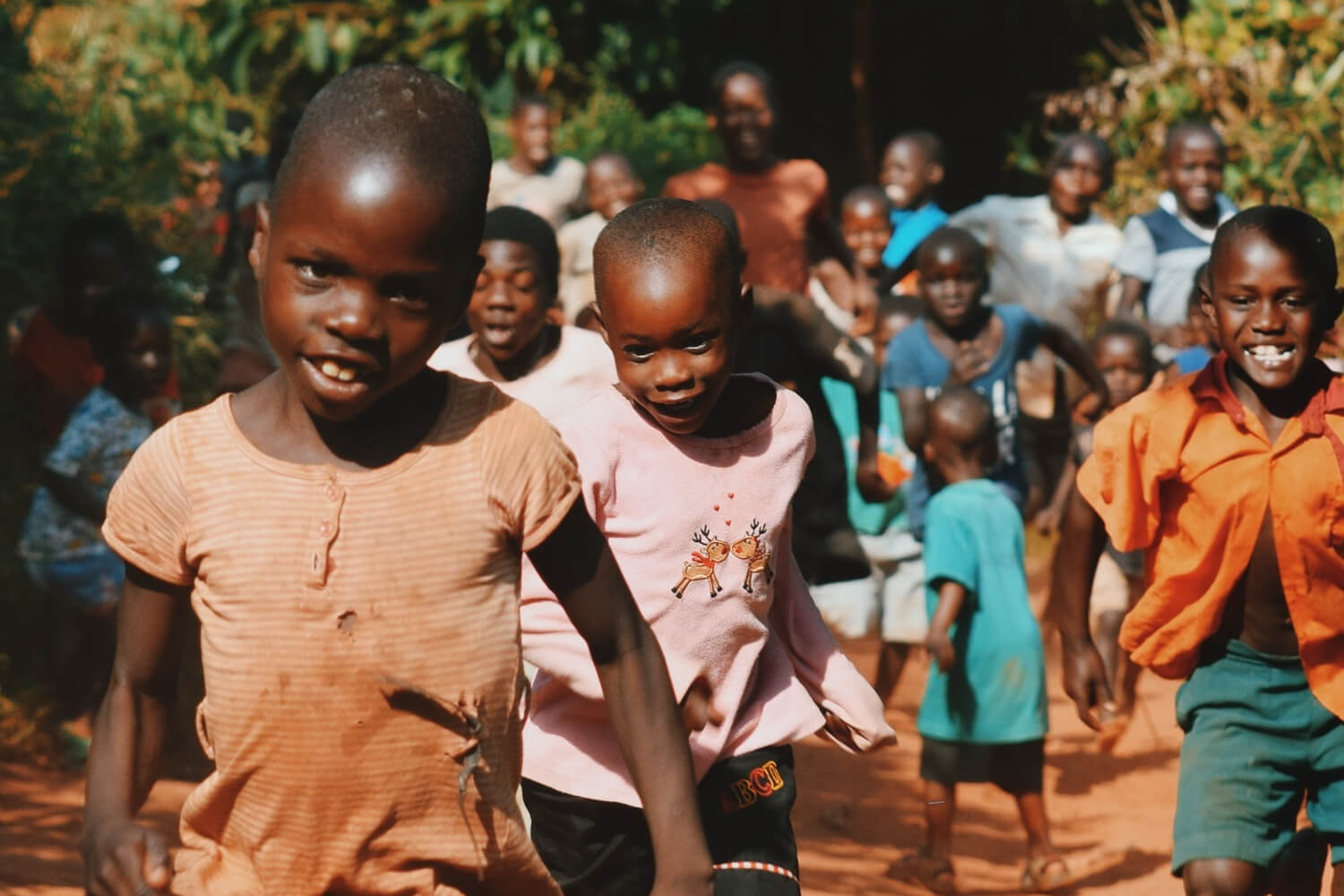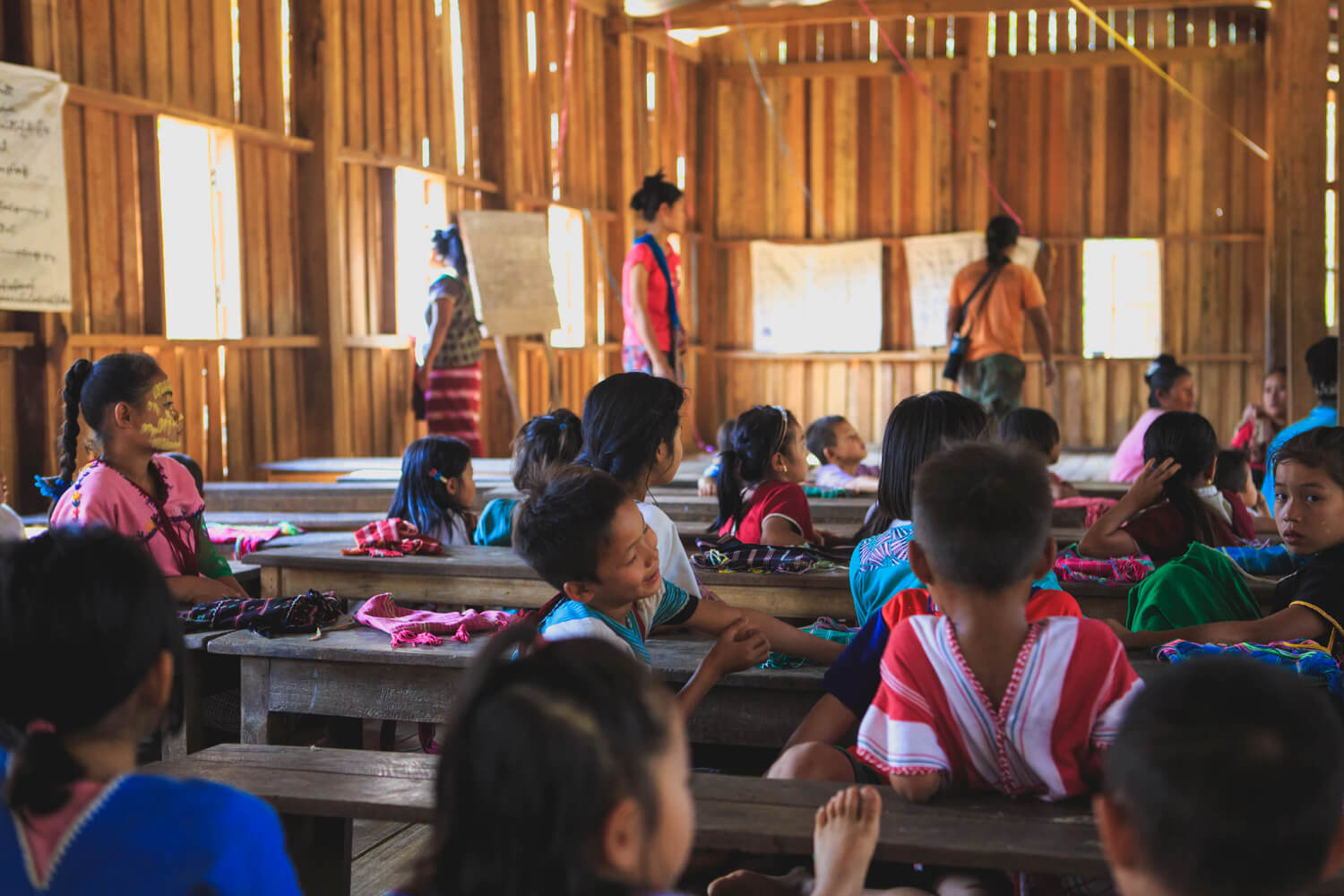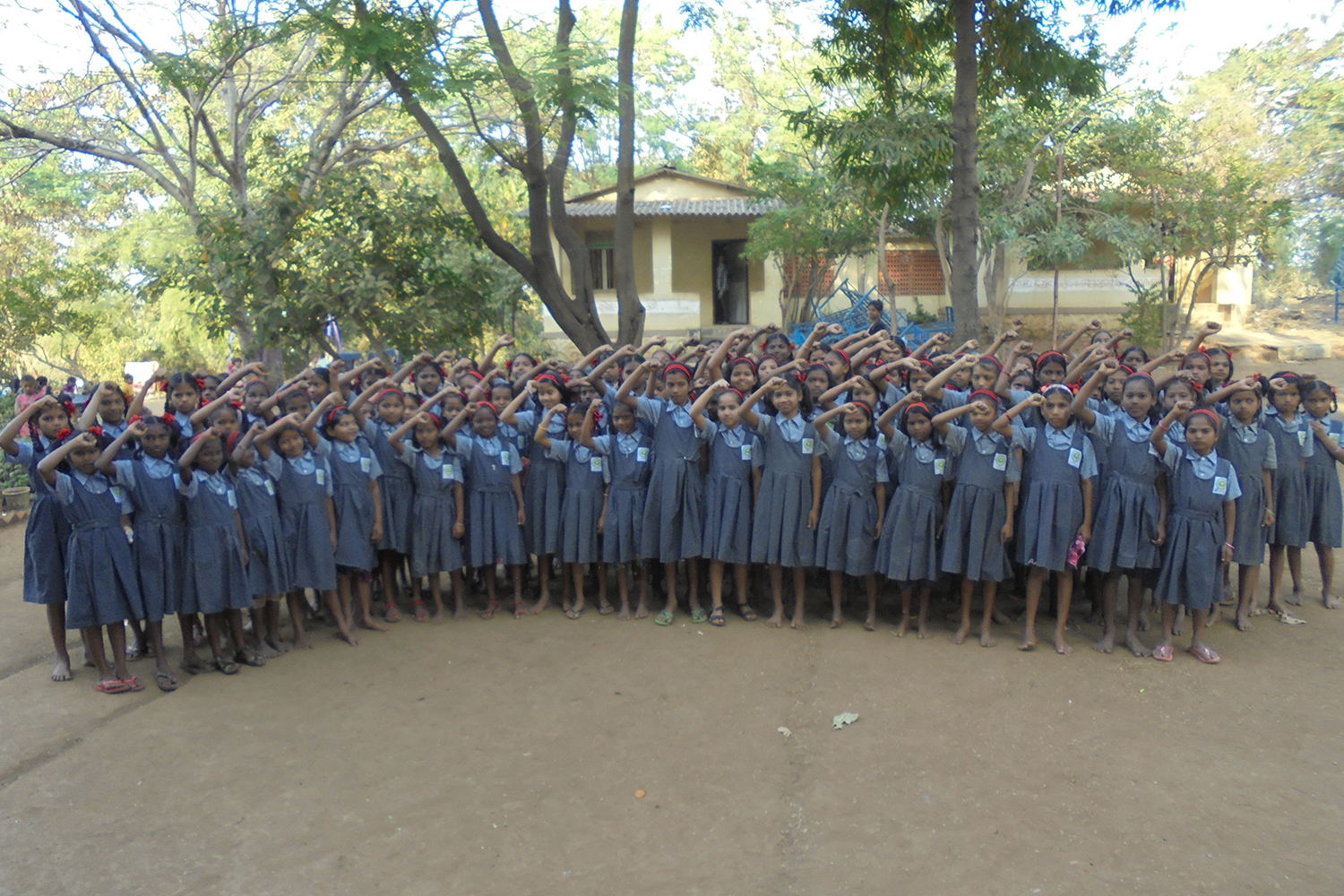Our Activities
Our vision is nothing less than realizing the full potential of the Internet – universal access to research and education
Make A Donation
Giving a donation to Donatics can help us to reach more children transform their lives for the better. Join your hand with us for a better life and beautiful future.
or call 834-823-239








